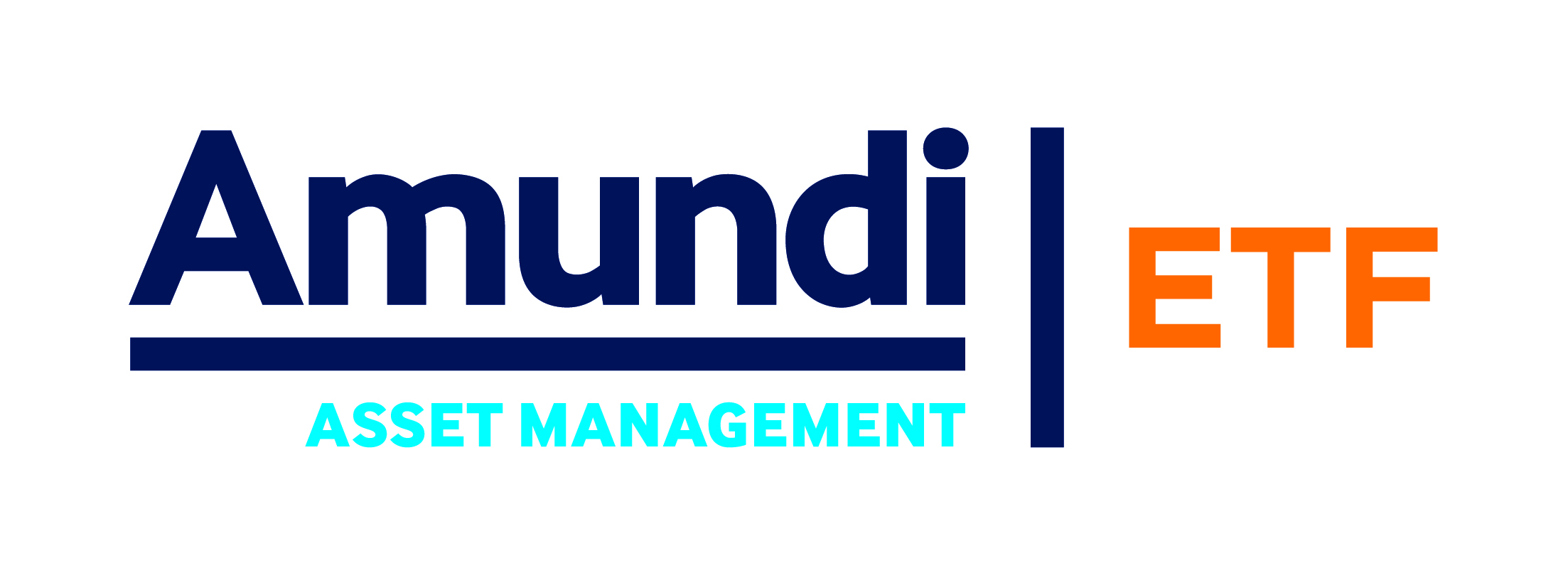Amundi is set to switch the index, increase the fee and add an ESG filter to its smart city ETF.
In a shareholder notice, the asset manager said the Amundi Index Smart City UCITS ETF (SCITY) will move from synthetically tracking the Solactive Smart City index to physically replicating the MSCI ACWI IMI Smart Cities ESG Filtered index.
Effective 19 April, the ETF, which currently houses $9.5m assets under management (AUM), will be renamed to the Amundi MSCI Smart Cities ESG Screened UCITS ETF.
Amundi has increased the fee of the ETF from 0.35% to 0.45%.
The firm will also merge the $83.5m Lyxor MSCI Smart Cities ESG Filtered UCITS ETF (IQCT) will merge into SCITY on 25 April.
Benoit Sorel (pictured), global head of ETF, indexing and smart beta at Amundi, said: “The changes are part of our ongoing range review, as Amundi continues to rebrand its products following the acquisition of Lyxor.”
SCITY’s new index tracks 139 large, mid and small-cap equities across 23 developed markets and eight emerging markets countries.
The index aims to represent the performance of companies that derive most of their revenues from smart solutions for urban infrastructure.
The largest exposure in the index is Ebara Corporation with a weighting of 1.5%, followed by Okta (1.4%) and Acuity Brands (1.3%).
Securities are screened against nine ESG exclusion criteria, which includes business involvement in conventional weapons, civilian firearms, tobacco, thermal coal, oil sands, unconventional oil and gas, arctic oil and gas and UN global compact violators.
Amundi’s latest index change came in December 2023 when the firm switched the name and benchmark of the Amundi Global Aggregate Bond UCITS ETF (GAGG) to align with Bloomberg’s new index that scrapped requirements for bond issuers to have a minimum amount outstanding of €500m.
Elsewhere, the French asset manager recently launched Europe’s lowest-fee ETF capturing developed and emerging markets, with fees of less than half of its closest competitor.



